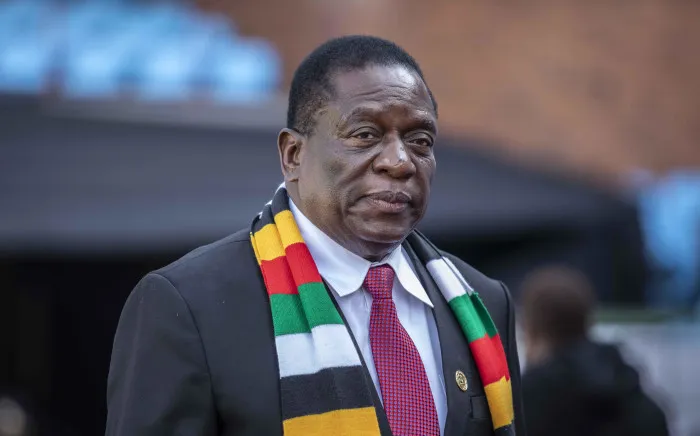
Zimbabwe’s large debt overhang has been causing grief and hindering its access to badly needed international loans.
The country has not been able to secure financing from organisations such as the World bank and the International Monetary Fund in more than two decades, due to its arrears.
As a result, this albatross has weighed heavily on the economy
According to media reports, President Emmerson Mnangagwa has told Zimbabwe’s ambassadors who were attending a Foreign Affairs retreat on Wednesday this week to make debt clearance a top priority to unlock global capital once more.
Zimbabwe’s public and publicly guaranteed debt stood at US$18 billion in December 2022, made up of US$12.8 billion of foreign debt and domestic debt of US$5.2 billion.
It has accumulated arrears of about at least US$6.6 billion.
Mnangagwa’s lament is because the country is having to fund key infrastructure projects from the fiscus, resulting in persistently high inflation.
(The debt restructuring) is important for us as we seek to unlock fresh financing for critical infrastructure and other socio-economic development projects, which improve the quality of life of the ordinary Zimbabwean and lift many out of poverty into prosperity,” Mnangagwa said.
- Mr President, you missed the opportunity to be the veritable voice of conscience
- ED to commission new-look border post
- Zanu PF ready for congress
- EU slams Zim over delayed reforms
Keep Reading
The country has a lot of goodwill too.
The president of the African Development Bank, Akinwumi Adesina, said at the High-Level Debt Resolution Forum in Harare in May 15 this year that Zimbabwe could not run up the hill of economic recovery carrying a backpack of debt on its back.
He was also clear what the debt clearance plan would involve: “The issues are not just economic or financial. They also involve governance, rule of law, human rights, freedom of speech, political level playing field, electoral reforms that will assure free and fair elections; as well as fairness, equity and justice for the commercial farmers and other businesses who were dispossessed of their lands, for which there is a clear need for restitution and compensation.”
According to regional and international observers, including those from the Southern African Development Community bloc, the August 23 polls were not free and fair.
Adesina warned at the debt meeting that “...the full weight of re-engagement with the international community will depend ….not just on the election, but the entire electoral process that guarantees a credible election.”
Mnangagwa wants his ambassadors to be “critical cogs in an effective media and communication strategy that would help consistently and accurately inform the world of the content, context and progress of Zimbabwe’s Arrears Clearance and Debt Resolution Strategy.”
Mnangagwa, however, has conveniently chosen to put political expediency first, and that strategy has left the country at the risk of becoming a failed state.






